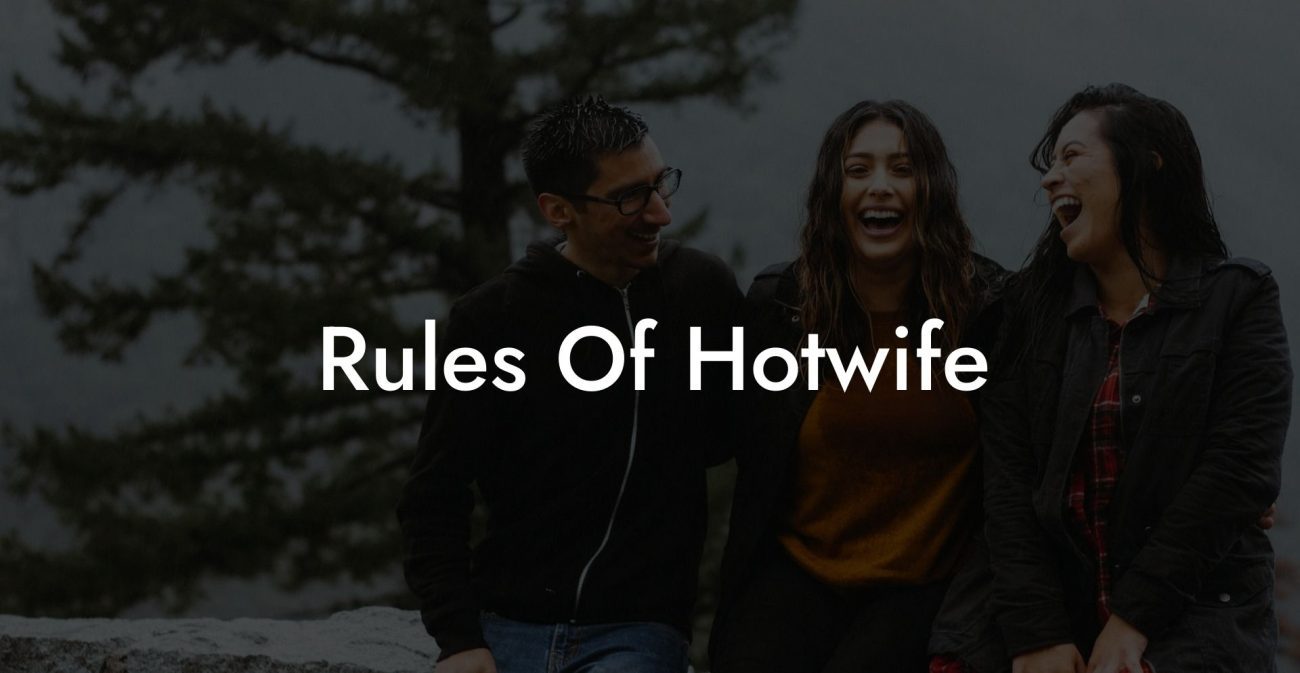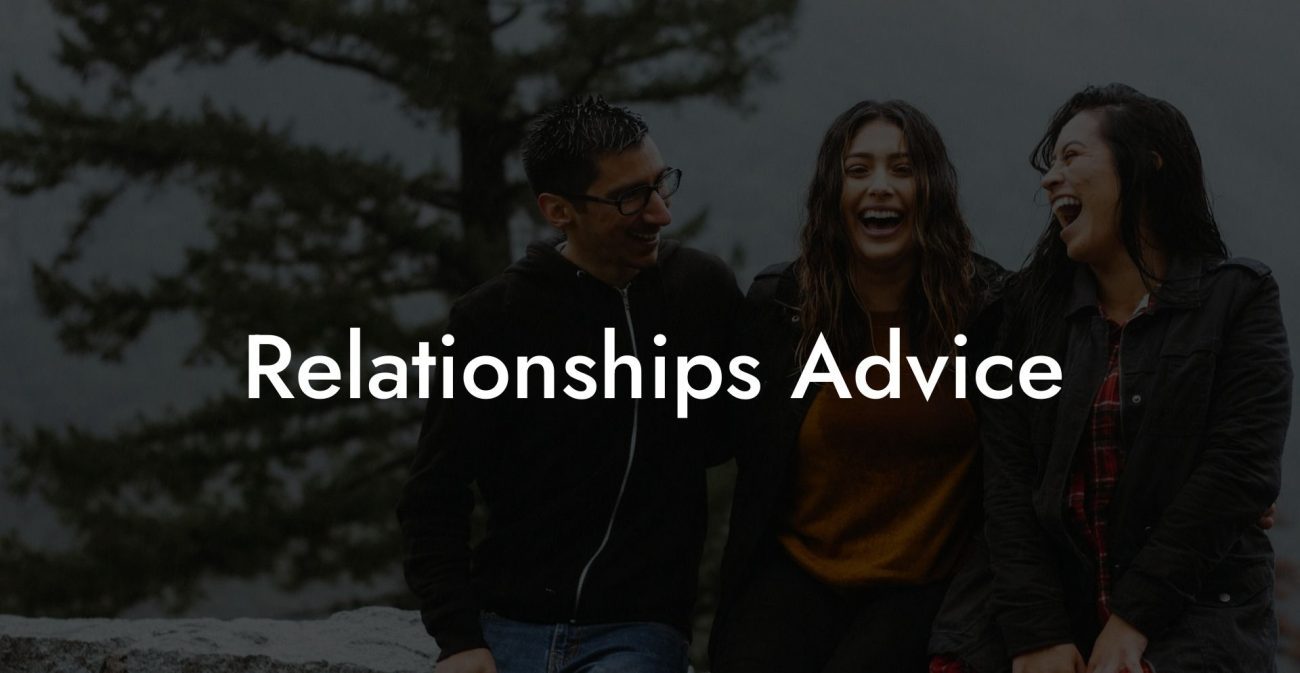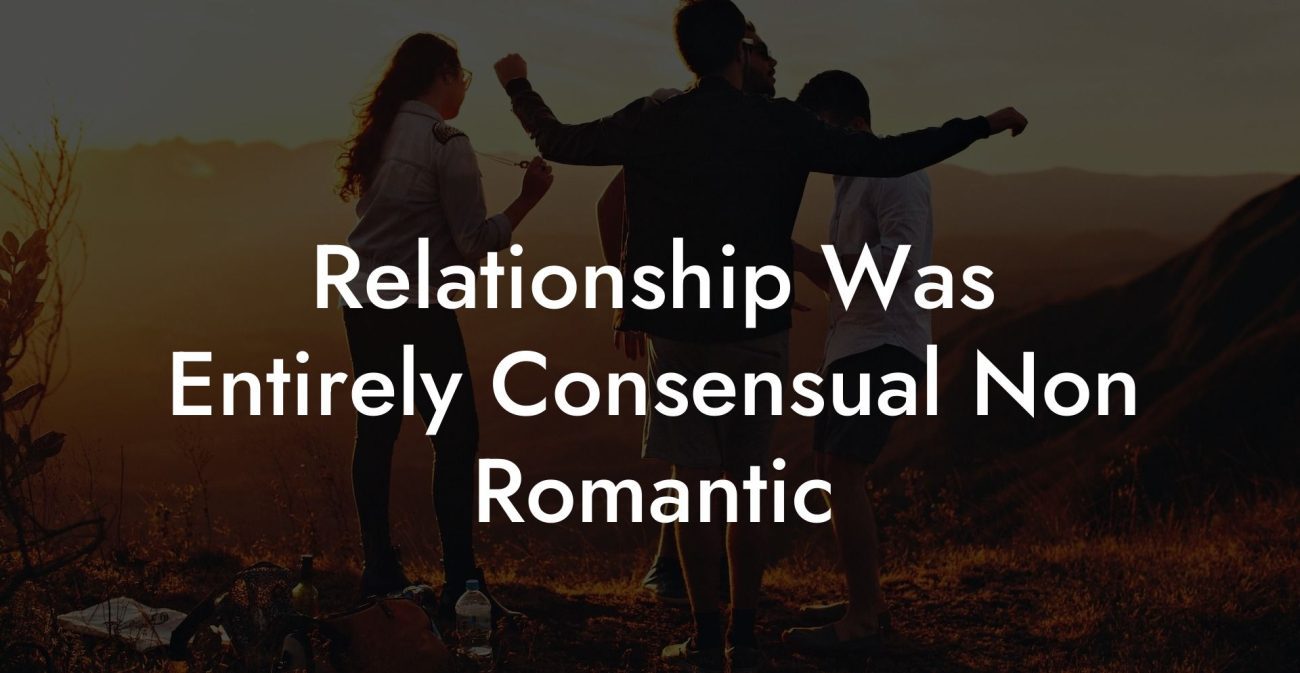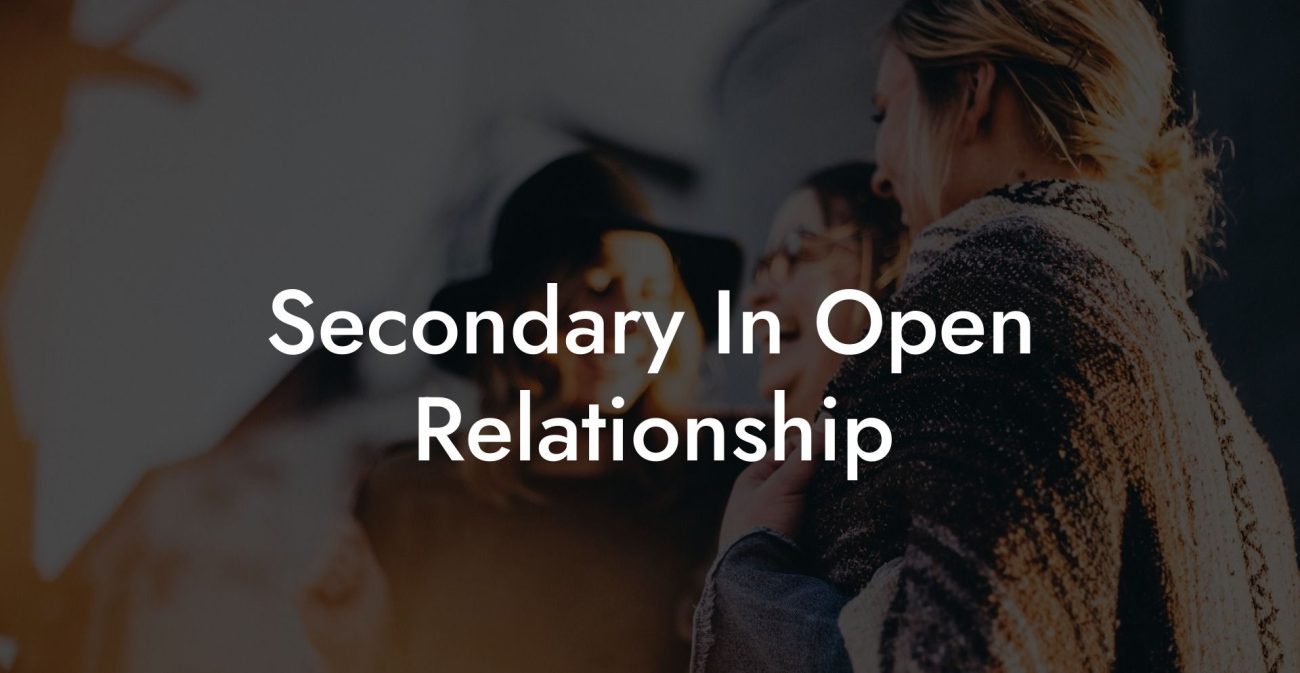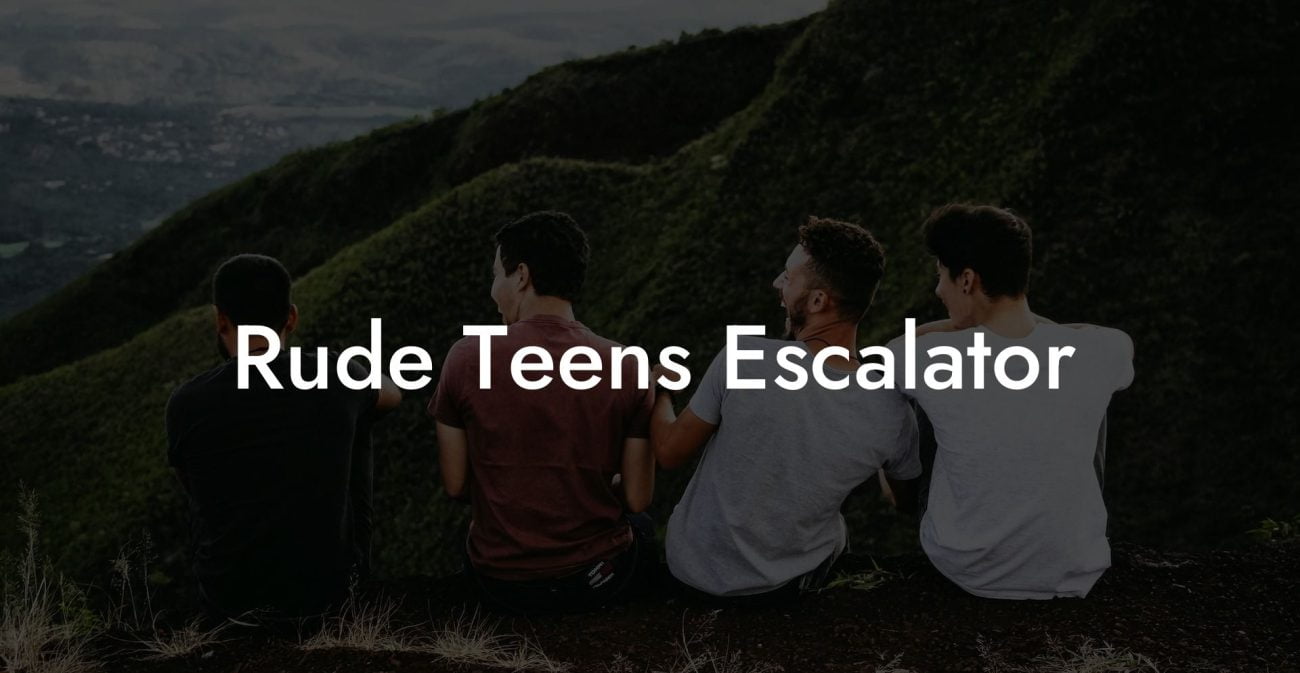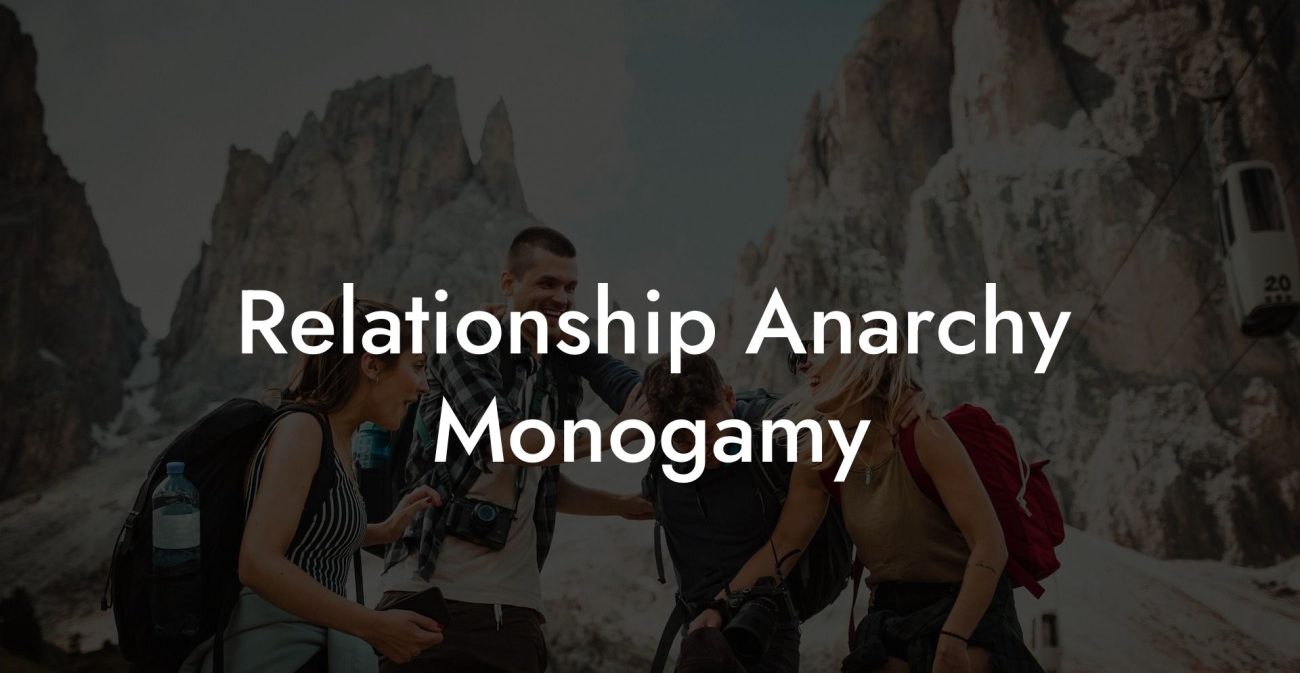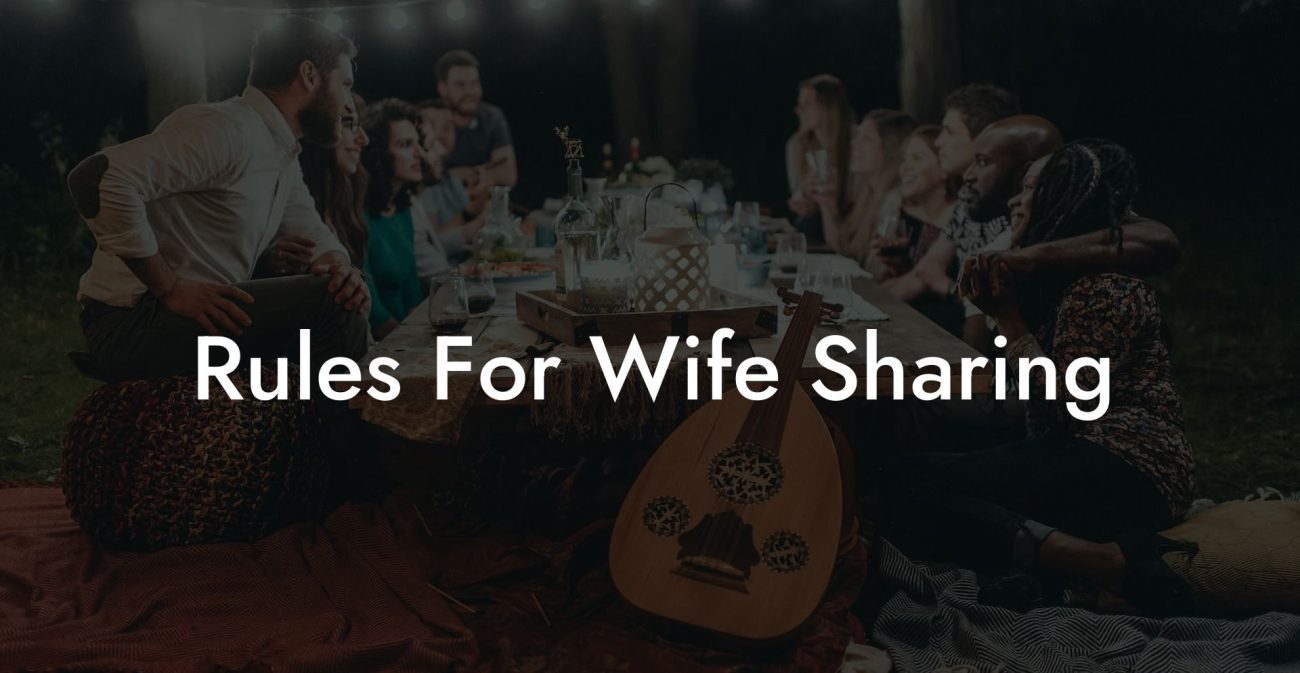In the ever-evolving landscape of relationships and love, the terms ethical and non-ethical have become increasingly important. When you're exploring the complexities of monogamy, polyamory, and non-monogamy, it's essential to have a firm grasp on what's considered ethical in navigating these different relationship styles. This article delves into the concept of ethical non-monogamy and provides insight into maintaining the integrity of relationships in this realm.
This Isn'T Ethical Table of Contents
Understanding Ethical Non-Monogamy
It's important first to understand what ethical non-monogamy (ENM) is. ENM refers to the practice of engaging in multiple romantic or sexual relationships simultaneously, with the consent and knowledge of all parties involved. This form of non-monogamy has a focus on open communication, transparency, and the establishment of boundaries and agreements among participants.
Types of Ethical Non-Monogamy
There are multiple forms of ENM that individuals and couples may explore. Some examples include:
- Polyamory: Involving romantic and emotional connections with multiple partners. Polyamorous relationships may have a hierarchical structure or may be egalitarian.
- Swinging: Primarily focused on sexual exploration with other individuals or couples, often within the context of social gatherings or events.
- Open relationships: A committed partnership that allows for emotional and/or sexual connections with others, typically following a set of agreed-upon rules and boundaries.
The Importance of Consent and Communication
The foundation for maintaining ethical non-monogamy is consent and communication. Consent is necessary to ensure that all parties involved acknowledge and agree to the relationship structure and its boundaries.
Establishing Boundaries and Agreements
Clear communication is essential to establishing and maintaining the agreements that provide structure and support within the relationship(s). This includes open discussions about topics such as:
- Physical and emotional boundaries
- Safety, including sexual health and protection
- Time allocation and scheduling
- Addressing jealousy and insecurities
This Isn'T Ethical Example:
Let's consider John and Jane, who are exploring an open relationship. They've been monogamous for a few years and decide that they'd like to experiment with other sexual partners. To maintain ethical non-monogamy, they have a series of conversations to establish their agreements and boundaries, including:
- Both must use barrier protection during sexual encounters with others
- New encounters must first be discussed and approved by the other partner
- Primary commitment remains with one another
As they each begin exploring encounters with new partners, they maintain open communication about their feelings, comfort levels, and any adjustments that need to be made to their agreements. By doing so, they ensure their activities remain ethical and consent-based.
As society continues to evolve, so do the intricacies of relationship dynamics like ethical non-monogamy. A solid foundation of consent, communication, and trust contributes to a successful ENM dynamic. Acknowledging the human element and respecting all individuals involved ensures that relationships flourish beyond traditional monogamous structures. If you've enjoyed learning about ethical non-monogamy and the importance of establishing and maintaining boundaries, feel free to share this article and explore other guides on The Monogamy Experiment. Expand your understanding of the various ways in which love can thrive.




